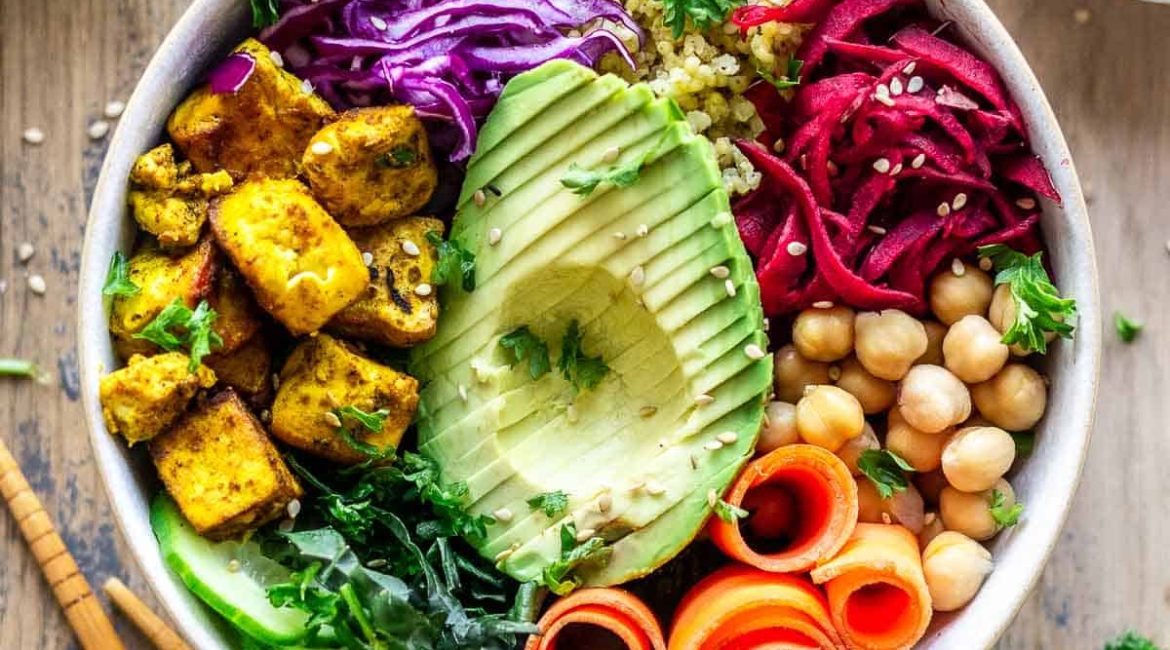you feel hungry all the time — even right after eating — your body might not be getting what it truly needs. It’s not always about willpower. Often, it’s about balance. Here’s why it happens and how to fix it with smarter food choices:
1. You’re Not Eating Enough Protein
Protein keeps you full and satisfied for longer. Try adding lentils, tofu, chickpeas, quinoa, or plant-based protein powders to your meals.
2. You’re Missing Healthy Fats
Low-fat diets can leave you feeling empty. Add avocado, olive oil, nuts, seeds, or tahini to keep your hunger stable.
3. Your Meals Lack Fiber
Fiber slows down digestion and keeps you fuller. Choose whole grains, vegetables, fruits, and legumes. Think oats, brown rice, and chia seeds.
4. You’re Eating Too Many Simple Carbs
White bread, sugary snacks, and processed foods spike your blood sugar, then crash it — making you crave more. Swap them for complex carbs like sweet potato, buckwheat, or whole-grain pasta.
5. You’re Not Eating Mindfully
Eating too fast or while distracted can lead to overeating. Slow down, chew properly, and listen to your body.
6. You’re Actually Thirsty
Sometimes we confuse thirst with hunger. Drink a glass of water first and see if the hunger goes away.
Final Tip
Balanced meals = balanced hunger.
Build your plate with protein, fiber, healthy fats, and complex carbs — and you’ll feel full, energized, and in control.




